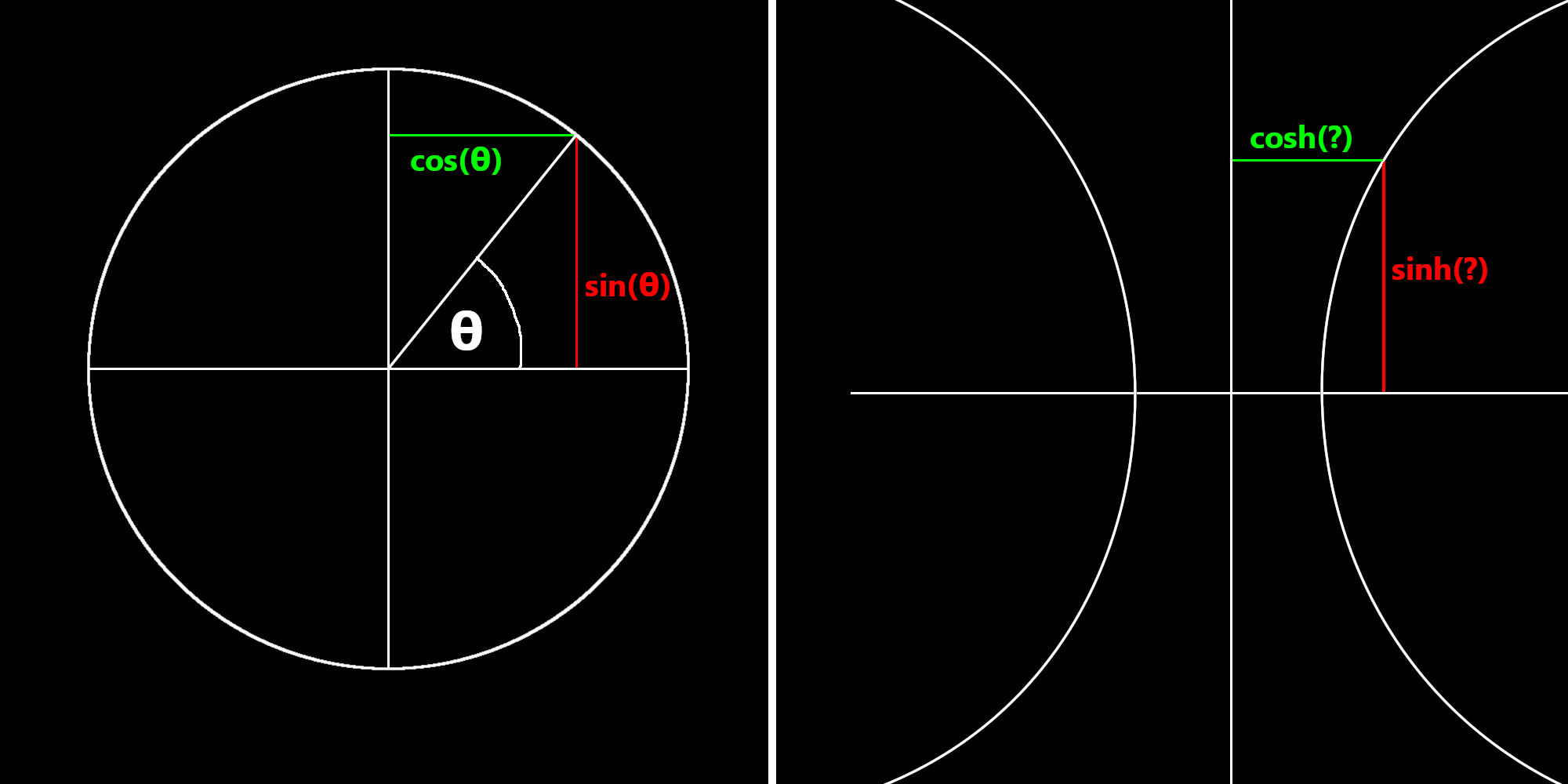math
828 readers
1 users here now
General community for all things mathematics on @lemmy.world
Submit link and text posts about anything at all related to mathematics.
Questions about mathematical topics are allowed, but NO HOMEWORK HELP. Communities for general math and homework help should be firmly delineated just as they were on reddit.
founded 2 years ago
MODERATORS
76
77
78
79
80
81
82
83
84
85
86
87
88
89
90
91
92
7
Gödel's second incompleteness theorem explained in words of one syllable
(languagelog.ldc.upenn.edu)
93
94
95

